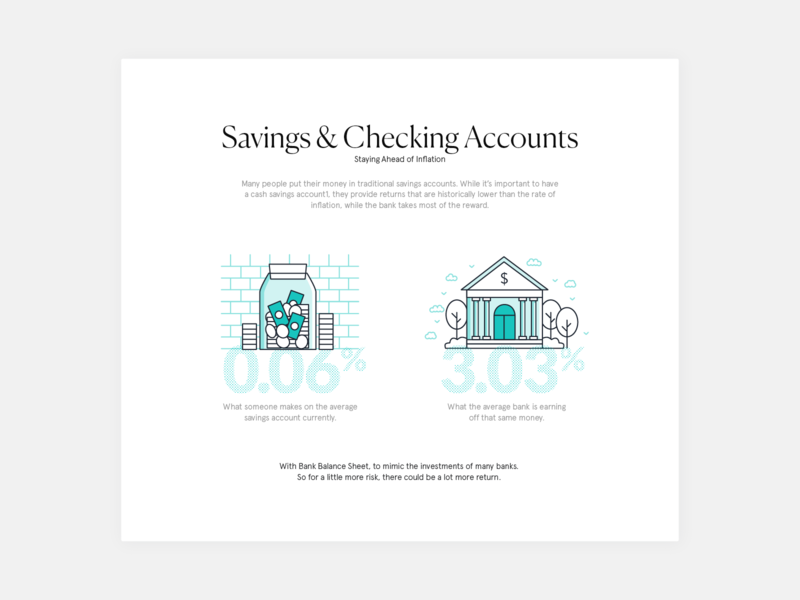Discover The Unexpected Expenses And Repercussions Of Disregarding A Performance Bond, And Recognize Why It's Important To Stay Away From This Pricey Mistake
Discover The Unexpected Expenses And Repercussions Of Disregarding A Performance Bond, And Recognize Why It's Important To Stay Away From This Pricey Mistake
Blog Article
Produced By-
When a surety issues an efficiency bond, it guarantees that the principal (the celebration who acquires the bond) will certainly meet their commitments under the bond's terms. If the principal stops working to meet these obligations and defaults on the bond, the surety is in charge of covering any type of losses or problems that result.
1. Loss of credibility: Defaulting on an efficiency bond can harm the principal's track record and reliability, making it harder to secure future organization or funding.
2. Legal and management prices: The surety might require to pay legal and administrative prices associated with pursuing the principal for problems or trying to remedy the scenario.
3. Financial losses: The surety may require to cover the expense of completing the task or giving the services that the principal failed to supply. This can result in substantial economic losses for the surety.
4. Raised costs: If the principal has a background of defaulting on efficiency bonds, they might be needed to pay higher costs in the future to get the required bonding.
Overall, back-pedaling a performance bond can have severe financial effects for both the principal and the surety. It is very important for principals to thoroughly consider their responsibilities and guarantee they are able to meet the terms of the bond to avoid these adverse outcomes.
Back-pedaling an efficiency bond can be a pricey error for services. When you fail to satisfy the bond's responsibilities, the monetary effects can be considerable. From paying the full bond total up to prospective legal battles and damaged connections, the consequences can reverberate throughout your service operations. Understanding the elaborate web of economic impacts that back-pedaling an efficiency bond can have is essential for protecting your business's economic wellness and reputation.
Financial Penalties for Defaulting
If you back-pedal an efficiency bond, you'll likely encounter substantial punitive damages. These fines can differ depending on the terms of the bond arrangement however typically involve paying the bond quantity completely to the obligee. This means that if you fall short to accomplish your legal obligations, you have to pay the bond total up to the task proprietor or the entity that called for the bond.
Furthermore, you may also be responsible for any added prices incurred by the obligee due to your default, such as finding a replacement contractor or covering task delays.
Defaulting on a performance bond can additionally result in lawful costs and court prices if the obligee makes a decision to take lawsuit versus you to recover the bond amount. relevant website can quickly build up, more intensifying the monetary effect of your default. It's important to meticulously review and understand the terms of the performance bond to prevent these extreme punitive damages.
Effect On Company Cash Flow
Defaulting on a performance bond can considerably influence your business cash flow, impacting monetary security and functional capabilities. When you default on a performance bond, you risk shedding the bond amount, which can be a considerable sum. This loss straight impacts your capital, as you'll require to discover alternate sources of moneying to cover the bond amount. Furthermore, failing can cause increased analysis from sureties, making it tougher and more pricey to secure bonds in the future. This can further strain your capital as you might require to allot additional resources to fulfill bonding needs.
The effect on your capital doesn't quit there. Back-pedaling an efficiency bond can likewise lead to job delays or terminations, leading to a loss of revenue. Additionally, performance security bond that comes with defaulting can discourage prospective clients, additionally lowering your cash flow. In pay bond , defaulting on a performance bond can have harmful impacts on your business's financial health and capability to operate smoothly.
Lawful Implications and Claims
Facing lawful ramifications and potential suits as a result of defaulting on a performance bond can substantially influence your company's credibility and economic standing. When bond performance 2016 on a performance bond, the guaranty business may take legal action to recuperate the bond amount paid. This could lead to costly lawful fees, court expenditures, and possible negotiations or judgments versus your company.
Furthermore, back-pedaling an efficiency bond might lead to harmed partnerships with customers, subcontractors, and providers, affecting your capacity to protect future agreements. Claims developing from bond defaults can stain your organization's integrity in the sector, making it challenging to attract new partners or consumers.
Furthermore, if the default brings about a court judgment against your company, it might lead to property seizure or liens, further stressing your economic security. As a result, it's vital to recognize the legal implications of defaulting on an efficiency bond and take proactive steps to alleviate the threats involved.
Final thought
As you encounter the repercussions of defaulting on an efficiency bond, remember this: it's like walking a tightrope without a safeguard. One wrong action can send you dropping into a financial freefall, with no means to stop the loss.
The punitive damages, capital influence, and legal implications are all waiting to catch you if you mistake. So walk thoroughly, and constantly recognize your dedications to avoid the harsh repercussions of default.
